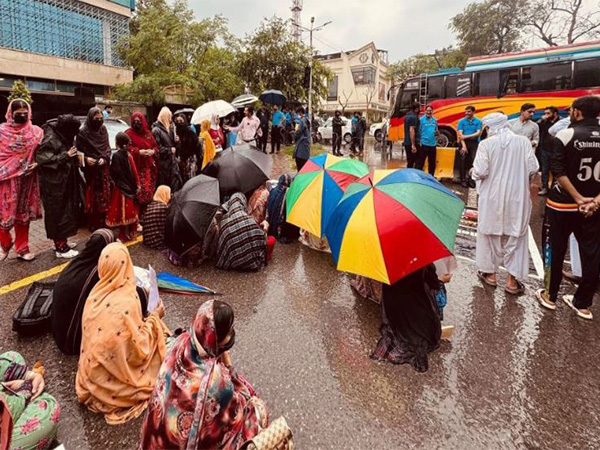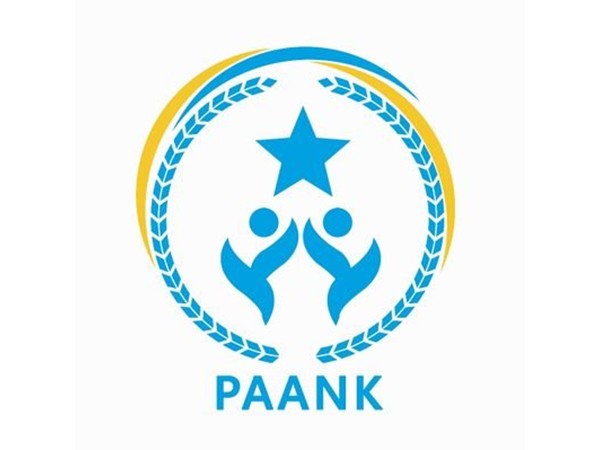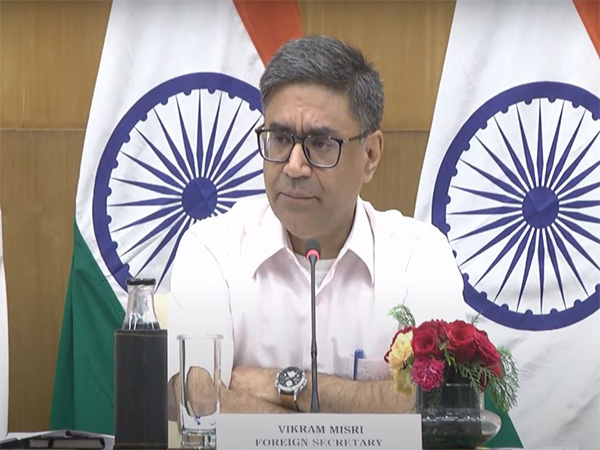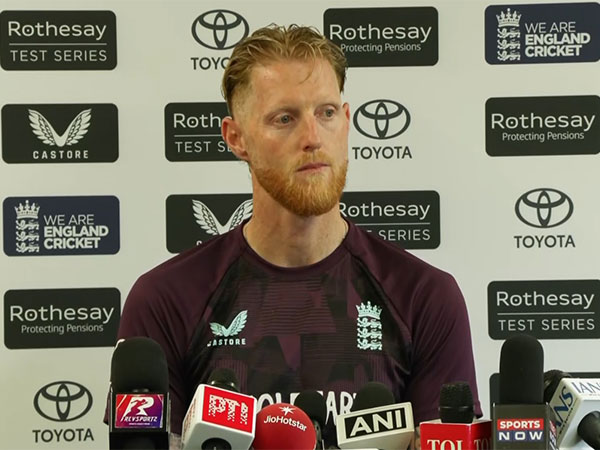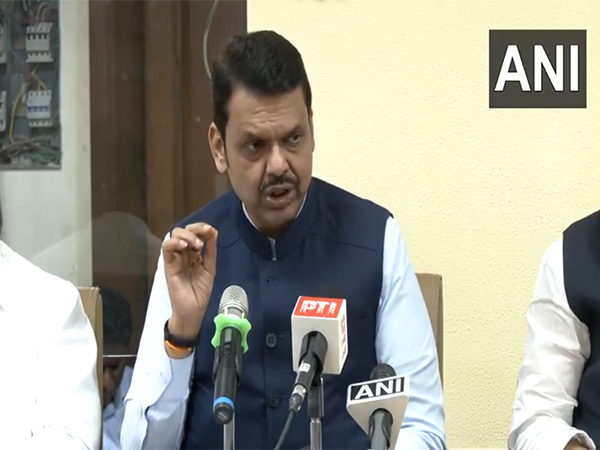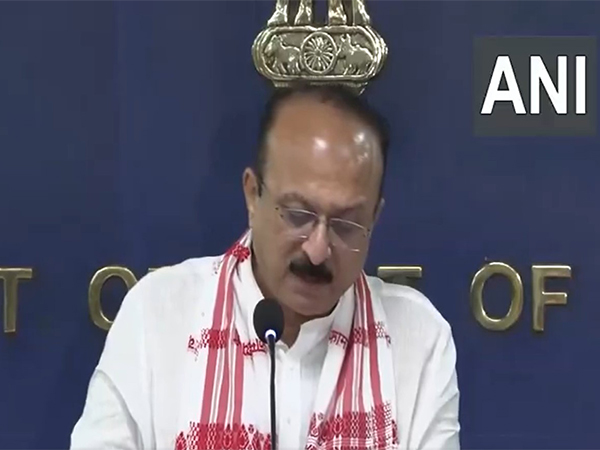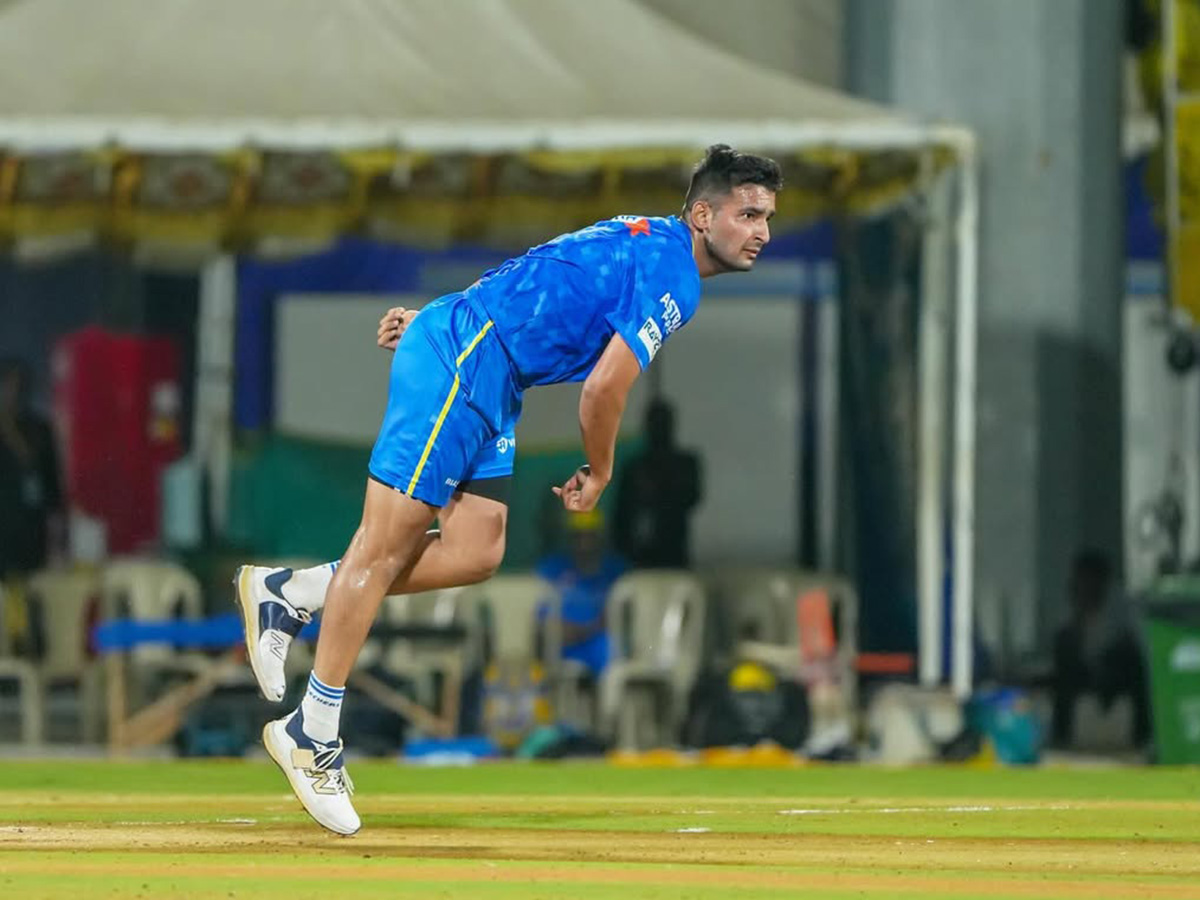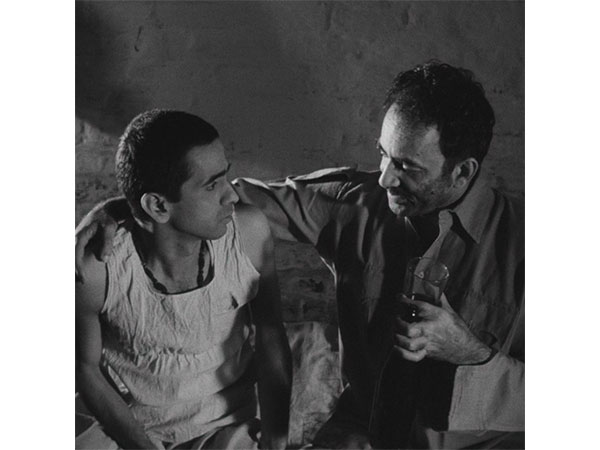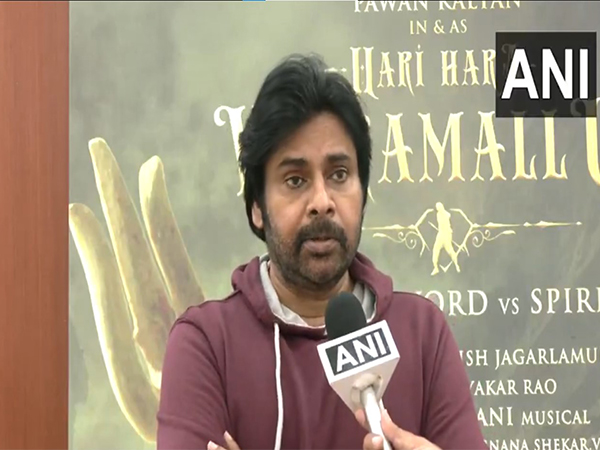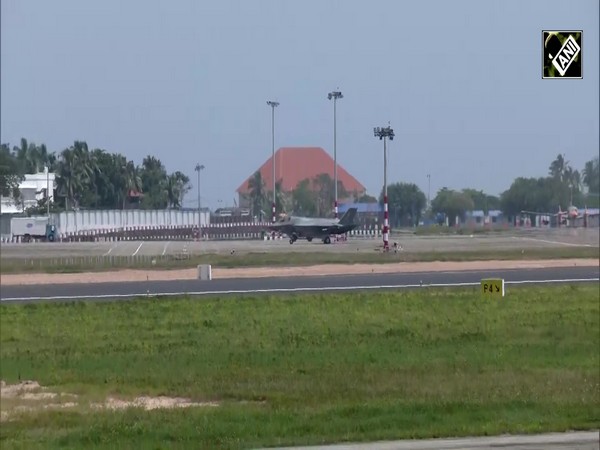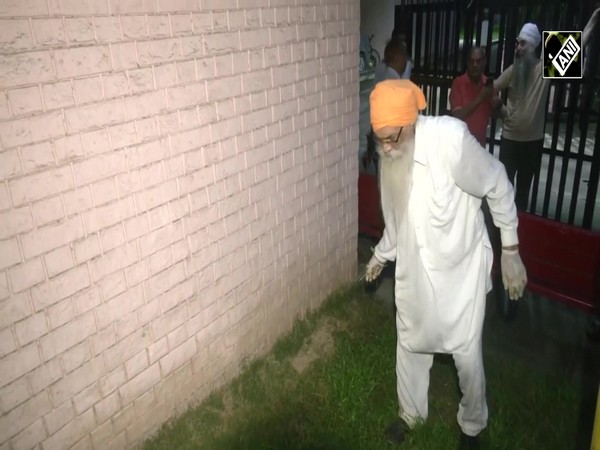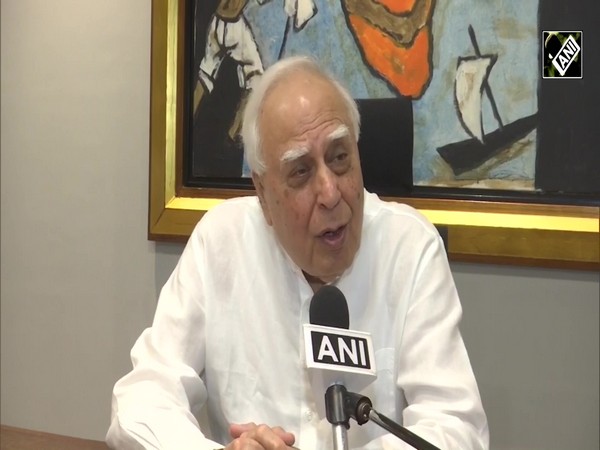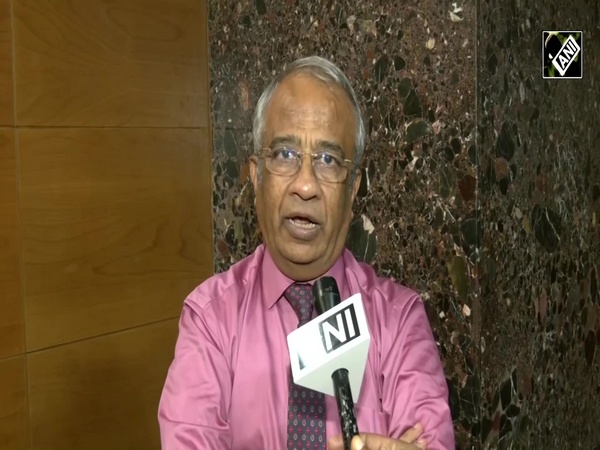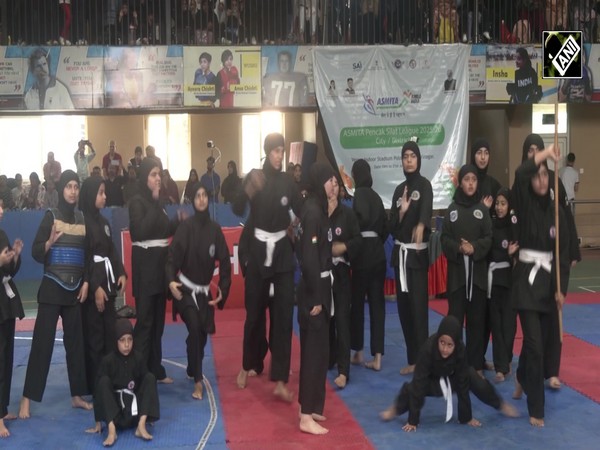Erdogan's personalization of power is blurring the line between domestic and foreign policies
Dec 13, 2021

By John Solomou
Nicosia [Cyprus], December 13 : Since the failed coup of 15 July 2016, Turkish President Recep Tayyip Erdogan has progressively been following personal domestic and foreign policies, which prove to be quite risky.
Having succeeded to change the Constitution and becoming a President vested with considerable powers, while being surrounded by people who do not dare to contradict him, he has been exercising increasingly personal policies, blurring the line between domestic and foreign policies.
Clearly, Erdogan is making far-reaching foreign policy moves aiming basically at boosting his domestic power base and winning elections.
At the same time, by "fighting a war on high-interest rates" and changing the Central Bankers who disagree with him, he has caused the sharp devaluation of the Turkish Lira and made it very difficult for the average Turk to make ends meet.
When he came to power back in 2003, Erdogan felt threatened by Turkey's powerful Kemalist military, who controlled almost all facets of life in the country. So, he tried to convince the Turkish people that he was better than the secular military, and that the Turkish society did not have to fear the fact that he is an Islamist. Furthermore, he promoted pro-European and pro-American policies and tried to resolve problems with Turkey's neighbours.
To everyone's surprise, Erdogan managed to defang the military and to control the judiciary. Gaining confidence, he tried to realize his dream of turning Turkey from a medium-size power in Europe into the leader of the Middle East.
At the time of the so-called "Arab Spring" Erdogan strongly supported the Muslim Brotherhood and refused to recognize the Egyptian strongman Abdel Fattah al-Sisi, who staged a coup and removed the elected Muslim Brotherhood-affiliated President Mohammed Morsi. Erdogan's support for the Muslim Brotherhood resulted in bad relations with Egypt, Saudi Arabia, the United Arab Emirates and their allies, and alienated Ankara's former partners, including Israel. The only country in the Middle East which maintained very good relations with Turkey is Qatar.
Erdogan took a personal decision to interfere in the civil war in Syria and support the rebels trying to overthrow the regime of President Hafez al Assad. He did this without securing the support of the United States or the NATO alliance.
Initially, the rebels appeared to be winning, but in 2015 Russian President Vladimir Putin turned the tables when he deployed Russian troops to support President Assad. Now Turkey has continuous problems with Russia in Syria and perhaps has realized that the rebels cannot win.
Turkey and Russia support opposite sides also in another civil war: that of Libya. Moreover, they disagree over Ukraine and Russia's annexation of Crimea. However, Erdogan and Putin cooperate in some other areas, for example in military procurements and nuclear energy.
Russian companies are building Turkey's first nuclear power station in Akkuyu and supplying to Ankara the sophisticated S-400 air defence system. This caused a rift between Ankara and Washington, which imposed sanctions on Turkey and raised justified doubts about Ankara's commitment to the NATO alliance.
Erdogan poses as a tough and fearless leader to his supporters in Turkey so as to rally them around his presidency and the AKP party. This is why he engages in continuous provocations against Greece and Cyprus, which he sees as easy targets, and escalates tension with them whenever he feels the need to boost his popularity among Turkish nationalists.
Another worrying characteristic of Erdogan is his tendency to insult and verbally attack the leaders of other countries. For example, he insulted French President Emmanuel Macron for pledging to defend secular values and fight radical Islam. "Macron needed a mental health check," Erdogan said. France immediately recalled its Ambassador to Ankara for consultations.
He also likes to project himself as a defender of the rights of the Palestinians. So, he frequently verbally accuses Israel and uses abusive language against the Israeli government, hoping to gain popularity among the Arab peoples of the Middle East. This attitude, however, has alienated Israel, which in the past consistently helped Ankara whenever it had problems with Washington.
The autocratic Turkish leader has increasingly been following a foreign policy according to his whims, having sidelined the formerly powerful National Security Council, and often openly ignoring the advice of the Turkish Foreign Ministry.
A glaring example of this was his threat last October to expel the Ambassadors of the United States, Canada, Germany, France, Finland, Denmark, the Netherlands, Norway, Sweden, and New Zealand, declaring them "persona non grata" after they called for the release of jailed philanthropist Osman Kavala. Later Erdogan backtracked. If the expulsion threat was carried through, it would have opened the deepest rift between Turkey and the West.
Erdogan has for years been using foreign policy for domestic consumption, whenever he feels that this would increase his popularity in Turkey or would help his party win elections.
The Turkish President's erratic and whimsical behaviour and the tensions he creates with foreign countries has pushed them to conclude alliances such as the Greek-French Defense Treaty, which envisages that the two countries protect each other in case of an attack even from a fellow NATO country (meaning of course Turkey).
Another side effect of Erdogan's arrogant behaviour towards its neighbours and other countries is the fact that it was not included in the East Med Forum, an international organisation formed by Cyprus, Egypt, France, Greece, Israel, Italy, Jordan and Palestine.
With the Turkish lira in freefall and his popularity at an all-time low, Erdogan has recently tried to patch up relations with some Arab countries like the UAE, Egypt and Saudi Arabia. For this reason, last month he visited the UAE and signed some agreements, but so far, he has not met with the Saudi Crown Prince Mohammed bin Salman and Egyptian President Abdel Fattah al-Sisi. Obviously, Arab countries, except Qatar, appear to be reluctant to throw Erdogan a lifeline.
